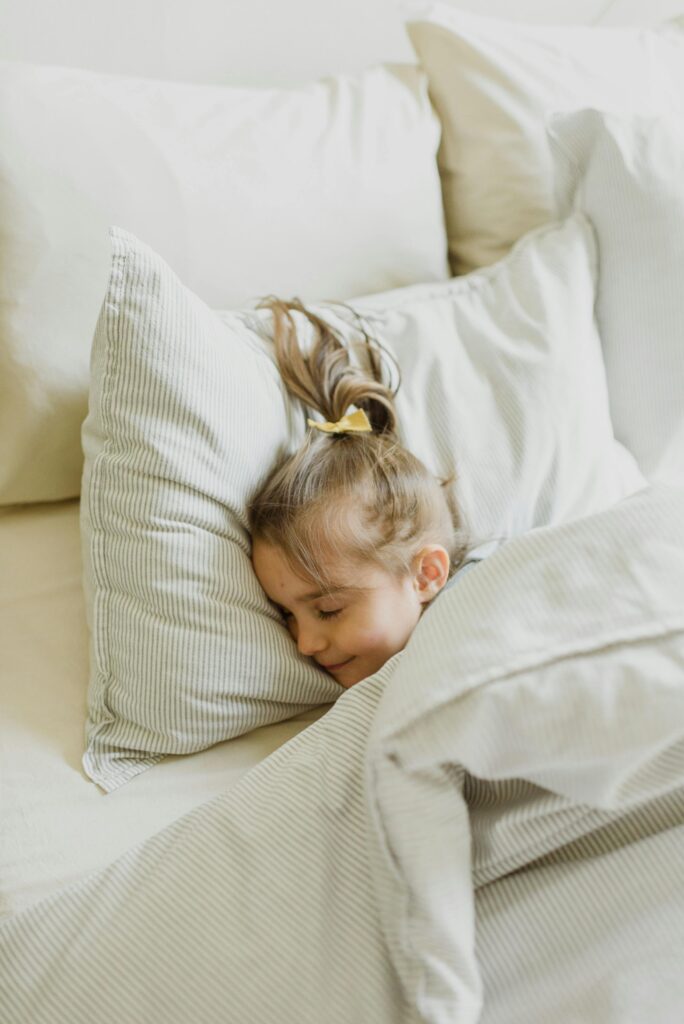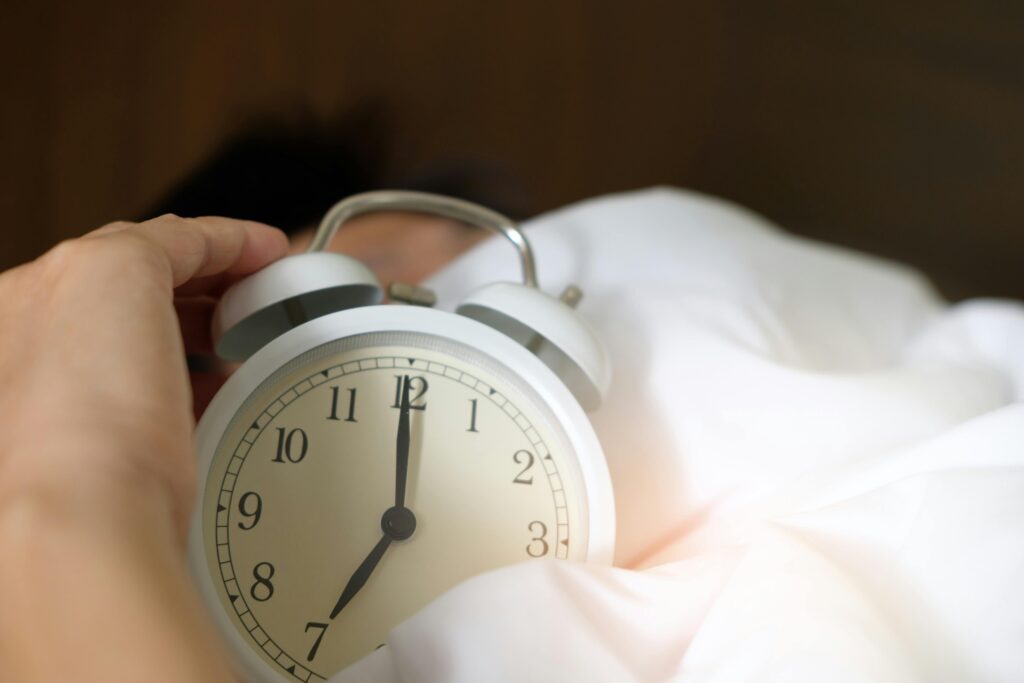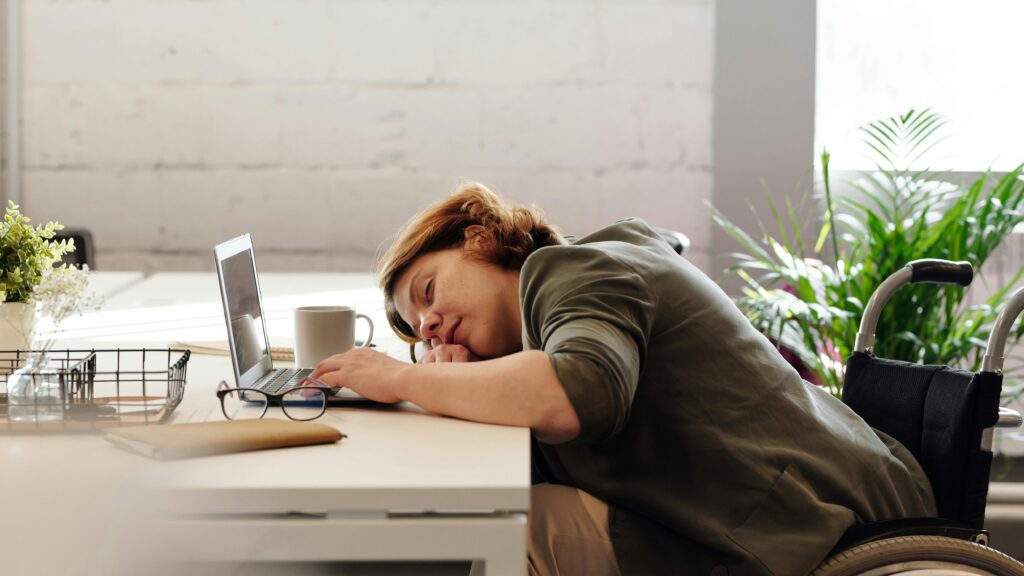Understanding how “rest to be your best” intertwines with mental well-being is more than just a catchy phrase — it’s a foundation for emotional stability, cognitive clarity, and overall resilience in daily life. When we consistently prioritise restful, high-quality sleep, we allow the brain to process emotions, consolidate memories, and restore energy — all of which are essential for managing stress and maintaining a positive mindset.

In this blog, we’ll dive into the benefits of sleep for mental health, unpack the science behind how poor sleep affects mental health, and share practical tips on creating the best sleep routines for mental health. You’ll also discover techniques to improve mental wellness through better sleep, along with a focused section on sleep and anxiety improvement — an increasingly important topic in today’s anxious world. Whether you’re a student, a busy professional, or someone struggling with sleep patterns, understanding the role of sleep in emotional wellness can help you build a more balanced and empowered life.
Let’s begin.
Benefits of Sleep for Mental Health
Quality sleep is a powerful ally in supporting emotional, cognitive, and psychological wellness.
- Emotional regulation & stress resilience: Adequate sleep helps the brain manage emotional responses, balancing the amygdala and prefrontal cortex. Poor rest disrupts this balance, increasing reactivity and lowering impulse control
- Cognitive clarity: Sleep boosts learning, memory consolidation, focus, creativity, and decision‑making abilities. Without it, attention falters and mental fog sets in
- Mood stability and reduced mental illness risk: Chronic sleep deprivation is linked to elevated symptoms of depression, anxiety, irritability, and even broader psychological distress

Brain detoxification: During deeper stages of sleep, the brain clears metabolic waste and resets neural pathways—important for long‑term mental wellness
How Poor Sleep Affects Mental Health
When sleep quality is low or inconsistent, mental health suffers in measurable ways.
1. Emotional Instability and Increased Anxiety
Amplified emotional responses: Inadequate sleep intensifies negative emotions and impairs your ability to regulate stress—even small daily frustrations trigger greater anxiety
Anxiety spike: Research shows that a single night of poor sleep can raise anxiety levels by up to 30%

2. Trouble Focusing and Remembering
Lack of sleep affects concentration and memory. Tasks that are usually easy — like studying, working, or making decisions — suddenly feel harder.
3. Worsening of Existing Mental Health Conditions
If you already struggle with depression, anxiety, or stress, poor sleep can make your symptoms worse. It becomes a vicious cycle: mental health problems make it harder to sleep, and not sleeping well makes mental health worse.
Best Sleep Routines for Mental Health
1. Stick to a Regular Sleep Schedule
Go to bed and wake up at the same time every day — even on weekends. This trains your body to know when it’s time to rest.
Blue light from phones and TVs can confuse your brain into thinking it’s still daytime. Try turning off screens at least 30 minutes before sleeping.

3. Avoid Caffeine and Heavy Meals at Night
Caffeine can stay in your system for hours and keep you wired. Eating late can also affect your sleep. Choose light snacks if needed.
4. Create a Calm Bedtime Routine
Take a warm shower, listen to soft music, or try breathing exercises to signal to your brain that it’s time to unwind.
How to Improve Mental Wellness Through Better Sleep
Sleep and mental health are connected — when you improve one, the other often follows. Here’s how to work on both:
1. Practice Relaxation Techniques
Mindfulness, meditation, or even journaling before bed can help calm your thoughts. Less stress = better sleep.
2. Make Your Sleep Space Peaceful
Keep your bedroom cool, dark, and quiet. A comfortable mattress and pillow also make a big difference.
3. Get Daylight and Movement
Spend time in natural light and move your body during the day. Exercise helps regulate your sleep-wake cycle.
4. Track Your Sleep and Mood
Use a journal or app to keep track of how sleep affects your mental health. This can help you find patterns and make improvements.

Sleep and Anxiety Improvement Tips
Sleep and anxiety are closely linked. If your thoughts are racing at night, try these tips:
1. Try Deep Breathing or Progressive Relaxation
Focus on your breath or tense and relax your muscles one by one. These techniques calm your nervous system and reduce anxiety.
2. Avoid Overthinking at Bedtime
Keep a notepad by your bed. If thoughts are keeping you awake, write them down and tell yourself you’ll deal with them tomorrow.
3. Use Technology Wisely
Instead of scrolling on your phone, try a sleep or meditation app designed to reduce anxiety. Choose tools that relax you, not distract you.
4. Seek Support When Needed
If anxiety keeps you awake often, consider talking to a therapist or counsellor. Cognitive Behavioural Therapy for Insomnia (CBT-I) is especially helpful.
Prioritising sleep is one of the simplest — and most powerful — things you can do for your mental health. Whether you’re working through stress, managing anxiety, or just trying to feel your best, sleep is your foundation. A few small changes in your routine can help you feel more focused, emotionally steady, and better equipped to face life’s challenges.
So tonight, instead of staying up late, choose to wind down. Turn off the screens, quiet your mind, and give yourself permission to rest — because when you rest, you give your mind and body the chance to heal, grow, and thrive.
Want More Support?
If you’re struggling with sleep or your mental health, don’t wait to reach out. Talk to a counsellor, join our support group SahajSpaceCounselling, or explore our wellness resources. You’re not alone — and better sleep could be the first step toward better days.
